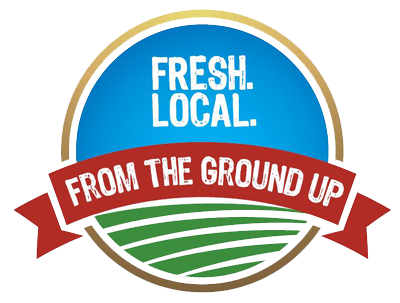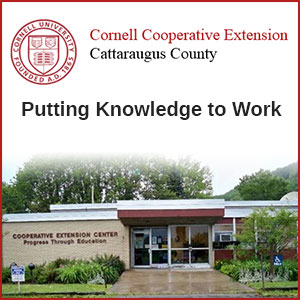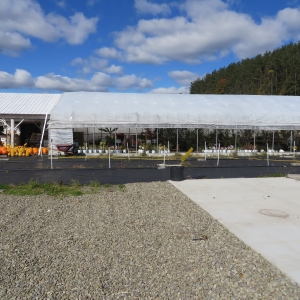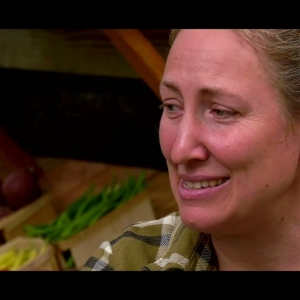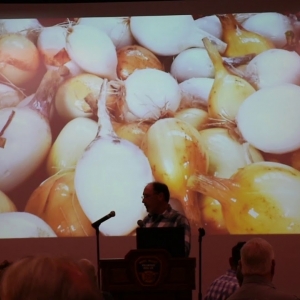Other Ag News:
(Washington, D.C., June 25, 2025) – U.S. Secretary of Agriculture Brooke Rollins today announced the latest slate of presidential appointments for key positions at the U.S. Department of Agriculture (USDA).
“American farmers and ranchers work tirelessly to feed, fuel, and clothe America. The incredible team we are building at USDA will make it easier—not harder—for farmers to fulfill their calling. I welcome the latest group of appointees and look forward to continuing our work to put Farmers First at USDA,” said Secretary Rollins.
(Washington, D.C., June 24, 2025) — Following U.S. Secretary of Agriculture Brooke L. Rollins’ announcement rescinding the 2001 Roadless Rule, elected leaders and industry stakeholders praised the move.
The Extension Disaster Education Network (EDEN) is a collaborative multi-state effort by Cooperative Extension Services across the country to improve timely information delivery to people affected by disasters, including hurricanes. EDEN's mission is to reduce the impact of disasters through research-based education.
At the event, the young people learned about USDA programs and resources to support beginning farmers and ranchers, professional development opportunities, and the history of agriculture in the United States.
“The future generation is critical for the United States, our food and farming systems and the future of American prosperity,” said Dr. Alveda King. “We work to ensure that our children and families have the chance to achieve the American dream.”
(Santa Fe, N.M., June 23, 2025) – Today, U.S. Secretary of Agriculture Brooke L. Rollins announced during a meeting of the Western Governors’ Association in New Mexico, the U.S. Department of Agriculture (USDA) is rescinding the 2001 Roadless Rule. This outdated administrative rule contradicts the will of Congress and goes against the mandate of the USDA Forest Service to sustain the health, diversity, and productivity of the nation's forests and grasslands.
(Washington, D.C., June 21, 2025) – Today, the National Multi-Agency Coordination Group (NMAC), composed of wildland fire representatives from each wildland fire agency based at the National Interagency Fire Center (NIFC) in Boise, Idaho, raised the national wildland fire preparedness level one step higher to Preparedness Level 3.
(Washington, D.C., June 20, 2025) — Following U.S.
(Edinburg, TX, June 18, 2025) – U.S. Secretary of Agriculture Brooke L. Rollins this morning launched an $8.5 million sterile New World screwworm (NWS) fly dispersal facility in South Texas and announced a sweeping five-pronged plan (PDF, 434 KB) to enhance USDA’s already robust ability to detect, control, and eliminate this pest. These urgent actions are necessary to finish the fight against NWS and protect the United States.
Secretary Rollins Takes Bold Action to Put American Farmers First, Cuts Millions in Woke DEI Funding
(Washington, D.C., June 17, 2025) — U.S. Secretary of Agriculture Brooke L. Rollins announced today that the United States Department of Agriculture (USDA) will terminate more than 145 Diversity, Equity, and Inclusion (DEI) focused awards, totaling a maximum savings of $148.6 million.
(Washington, D.C., June 16, 2025) - Today, U.S. Department of Agriculture Secretary Brooke L. Rollins announced the U.S. Forest Service has posted the final environmental impact statement and draft record of decision for the proposed Resolution Copper Mining Project. These documents, now available on the Tonto National Forest website, represent an important step in advancing President Trump’s goal of emergency and mineral independence by boosting domestic mineral production.
Pages
Signup for the Ag Newsletter
Get the freshest farm news, events and updates from in and around Cattaraugus County, NY at least once a month! Go signup!
Other ways to stay connected:
Get Involved in Farming
Resources for Starting a Farm in Cattaraugus County
Profile of Cattaraugus County soils
Agriculture Career Exploration
Questions about farming? Find out Who to Call


